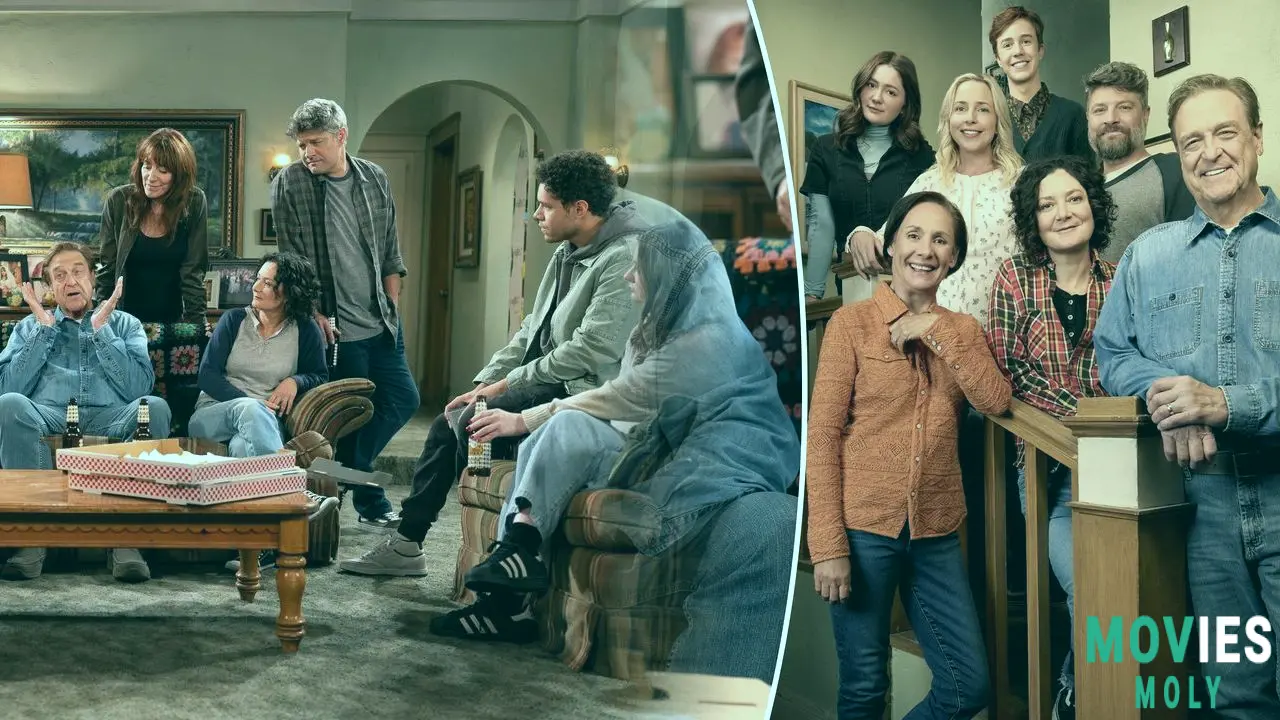Few TV characters have loomed as large in American pop culture as Roseanne Conner. Whether through the groundbreaking lens of the original Roseanne series or the turbulent revival that morphed into The Conners spin-off, her presence shaped the emotional core of the entire franchise. Now, with The Conners series finale delivering a powerful sendoff to Roseanne—without Roseanne Barr—the show not only closed its own chapter but also recontextualized the entire legacy of the Conner family in one sharply written, deeply felt sequence of episodes.
How The Conners Used a Lawsuit to Reclaim Its Emotional and Social EdgeWhat made the final season of The Conners particularly resonant was its willingness to lean into real-world pain through the fictional lens of the Conner family. The final six episodes drove a surprising plot twist that no one saw coming—but felt completely earned: the family sued a pharmaceutical company over Roseanne’s death from an opioid overdose. This wasn’t just a plot device. It was a masterstroke of storytelling that linked personal grief with societal injustice.
After ABC canceled Roseanne in 2018 following Barr’s off-screen controversy, the creators were tasked with an almost impossible job—continuing the story without its namesake. Killing Roseanne Conner off via an opioid overdose was a grim choice, but one that The Conners turned into a larger commentary on addiction, healthcare, and working-class survival. As the family dug into the lawsuit, they weren’t just fighting for compensation—they were fighting for Roseanne’s dignity, and for every family broken by the opioid crisis.
Dan Conner’s Emotional Journey Brings Full Circle Closure to Roseanne’s Death
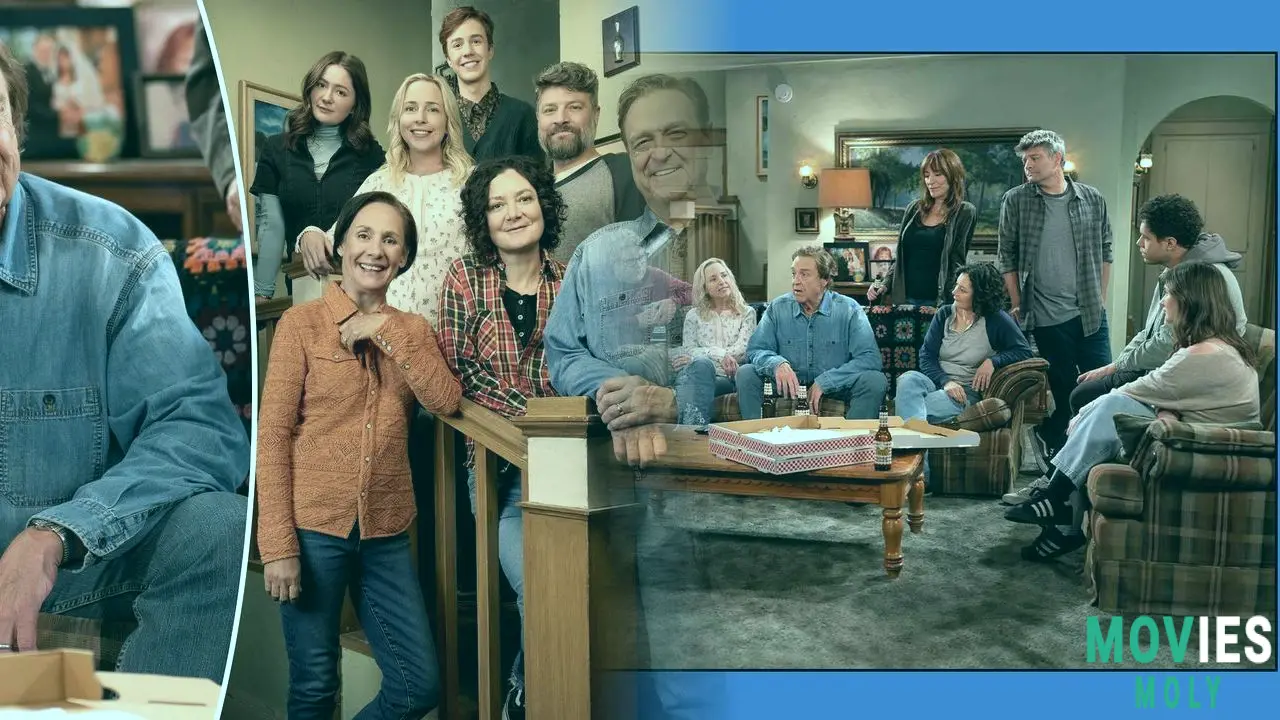
John Goodman’s Dan Conner served as the emotional anchor in a storyline that wove pain, anger, and even humor into a seamless fabric. Initially reluctant to reopen old wounds, Dan’s evolution from grieving husband to determined (if skeptical) plaintiff gave Goodman some of his most nuanced material in years. The deposition scene in particular flipped the script on what could have been a sob story. When the pharma lawyer tried to demean Roseanne’s character—calling her “addictive” and blaming Dan for her death—Dan didn’t back down. He turned the moment into a reckoning.
“Even if I took every penny you had, it wouldn’t be enough because you took the love of my life and you killed her... the only difference is you handed her the gun and told it wasn’t loaded.”
It was a monologue born from real pain, but delivered with the grit and honesty that defined the Conners for over three decades. And when the company sent a token check—just $700—as a “tribute to [his] unwavering commitment,” Dan’s laughter in the face of insult became another Conner-sized moment of defiant dignity.
Roseanne’s Final Farewell Is Filled With Bittersweet Humor and Genuine Love
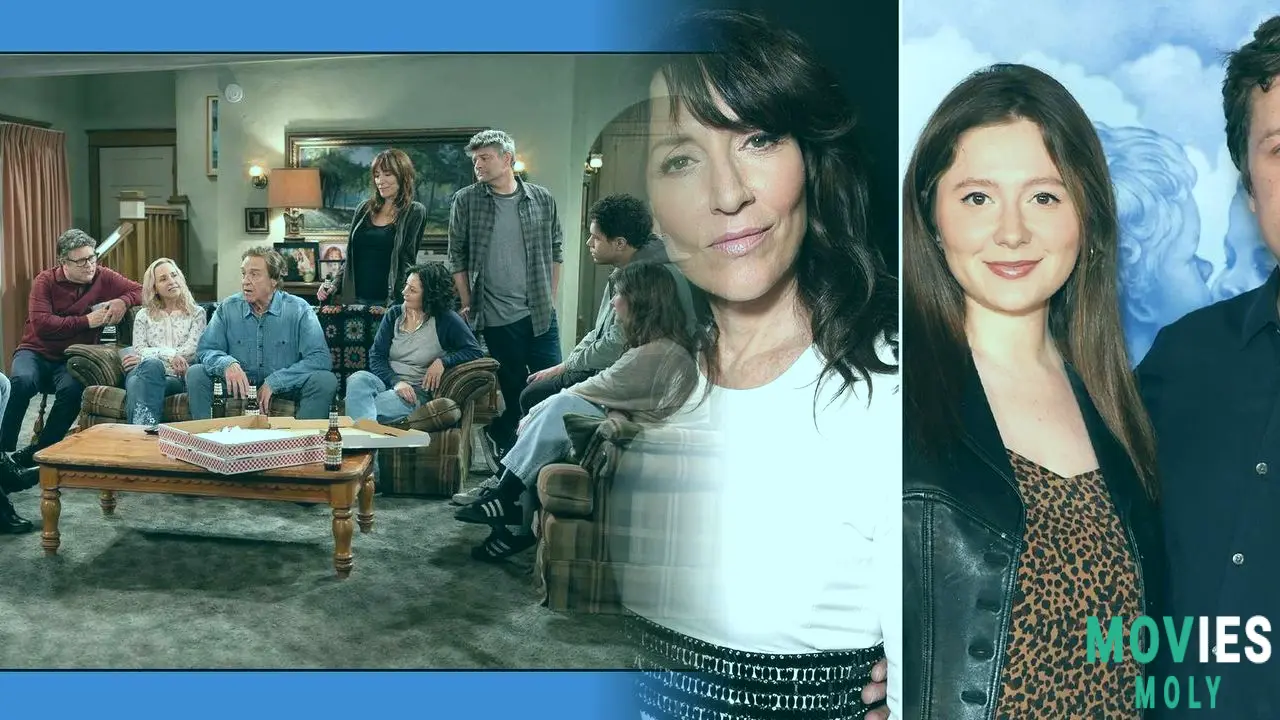
The family’s quiet moment at Roseanne’s gravesite was never meant to be a somber farewell. Becky, Darlene, Jackie, and Harris each gave Roseanne a send-off that matched her chaotic, loving, and irrepressible spirit. Harris even got the biggest laugh with a line that felt pulled straight from the original show’s tone: “I own your restaurant now. The food’s finally good.”
And then there was Dan, standing alone, speaking to Roseanne as if she were still just in the next room. His final words—tempered by a joke about not getting struck by lightning—felt like a love letter to the character, and to the audience that had followed her through every high and low.
The Conners Didn’t Just Say Goodbye to Roseanne—They Reclaimed the Show’s Working-Class Heart
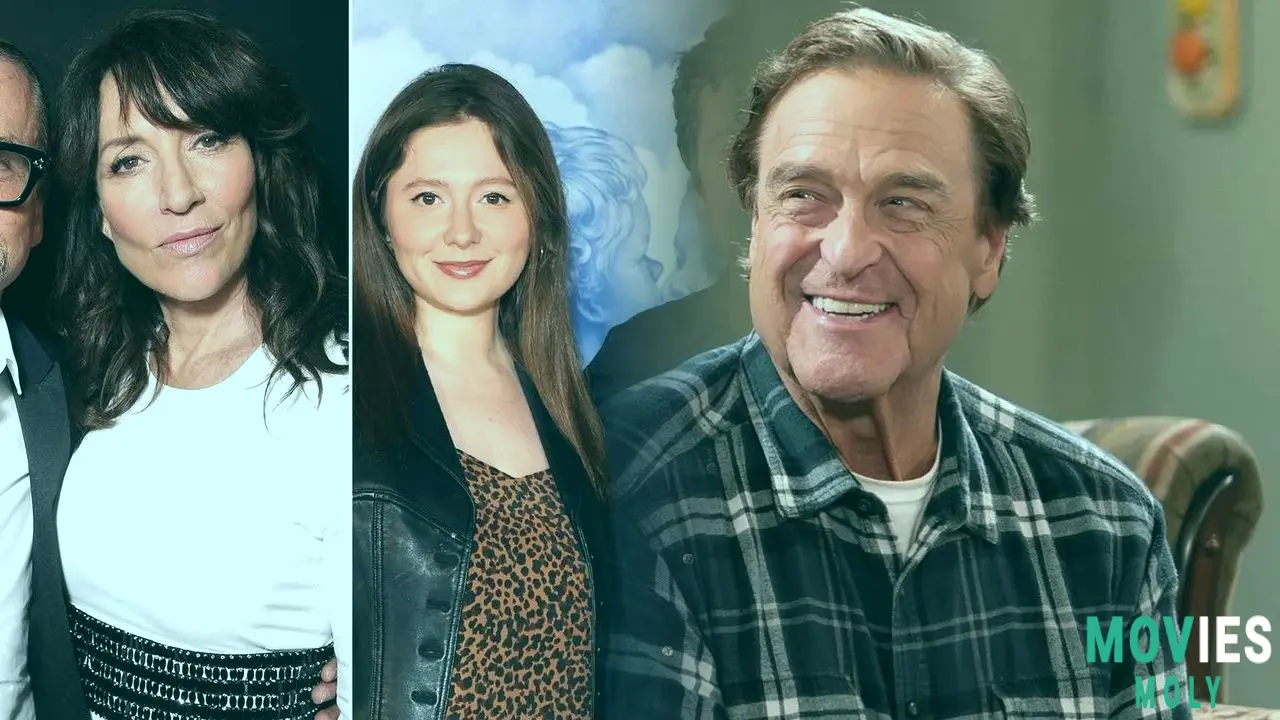
For all its twists, The Conners never lost sight of what made Roseanne special in the first place: the honest, messy, loving portrayal of a working-class family. The final scene, with the family back on the living room couch, drinking beer and ordering pizza with a $700 settlement, was pure Conners. It wasn’t glamorous. It wasn’t triumphant. But it was real. And that’s what mattered.
“As long as we have each other, we can handle anything life throws at us,” Dan said. It might sound like a cheesy TV tag line—but in this context, it was nothing short of profound. After seven seasons of navigating everything from addiction to parenting to loss, the Conners still stood united. That’s survival. That’s love. That’s legacy.
Even Without Barr, The Conners Cast Gave the Finale the Emotional Weight It Needed
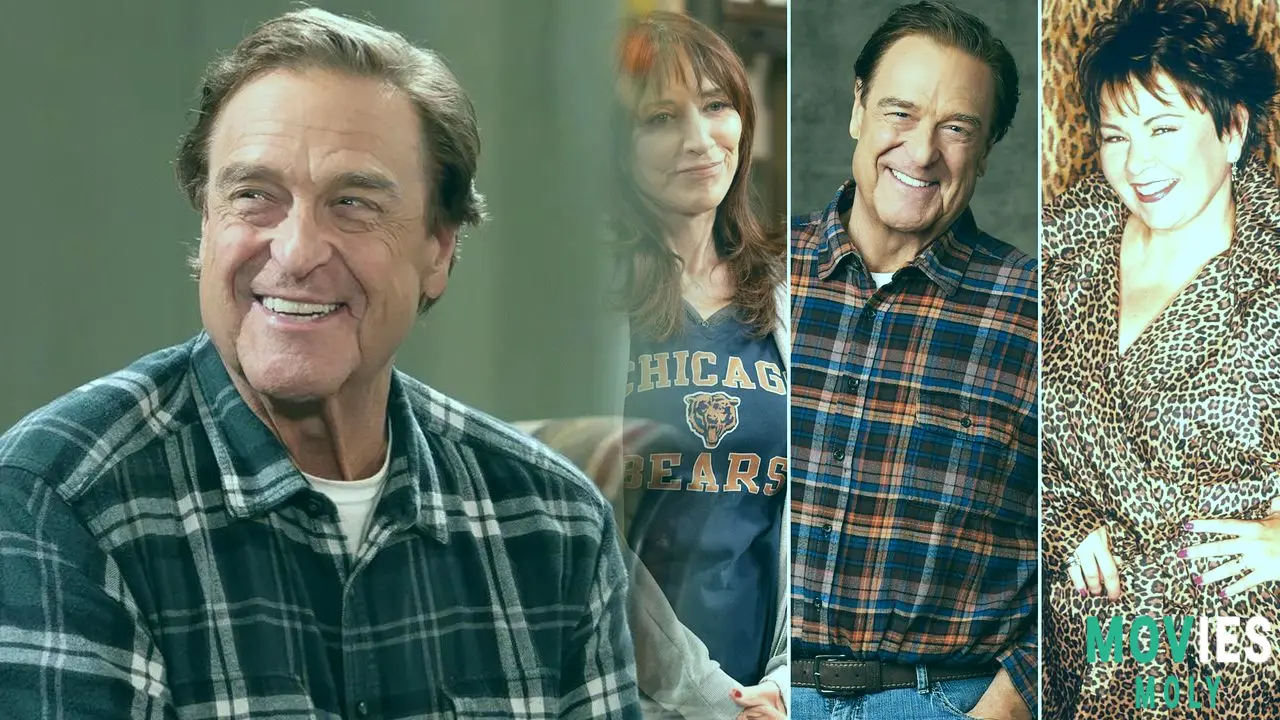
Laurie Metcalf’s Jackie, Sara Gilbert’s Darlene, Lecy Goranson’s Becky, and John Goodman’s Dan—all delivered performances steeped in history and emotion. Behind the scenes, these actors formed bonds that mirrored their on-screen family. When they shared that final toast in the living room, it wasn’t just a goodbye to the show—it was a farewell to a chapter of their lives that spanned almost 40 years.
Goodman’s final look into the camera, followed by a simple “Goodnight,” was the kind of ending that doesn’t just close a series—it honors the entire journey. It’s the kind of moment that fans of superhero finales crave: small, intimate, but carrying the weight of a thousand battles fought off-screen.
What The Conners Finale Teaches Us About Legacy, Love, and Storytelling
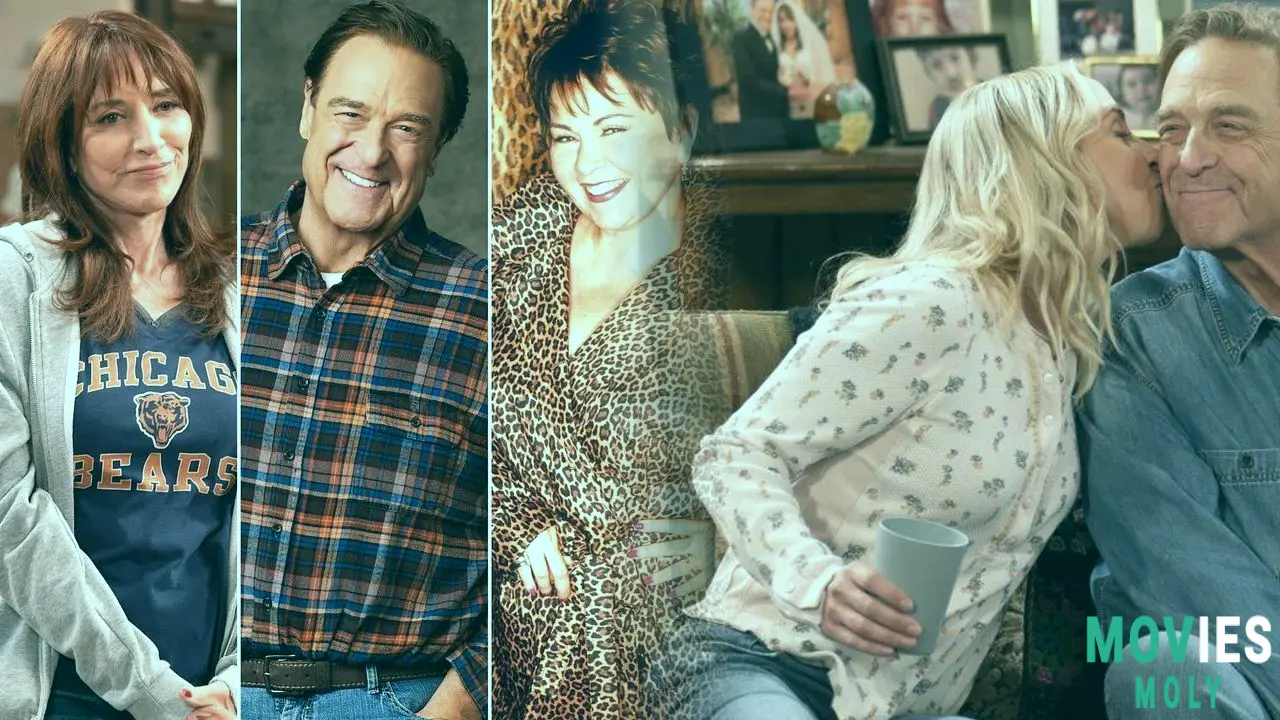
In a media landscape obsessed with reboots and franchise hits, The Conners stands out as a rare example of evolution done right. It didn’t just continue a story—it fixed it, improved it, and gave it meaning beyond laugh tracks and punchlines. The final season dared to tackle the opioid crisis, corporate greed, and personal grief—all while staying true to its comedic roots.
This wasn’t just a series finale. It was a reckoning. A tribute. And, most importantly, a homecoming. For Roseanne Conner, and for everyone who ever found a little bit of themselves in her messy, brilliant, unbreakable family.

